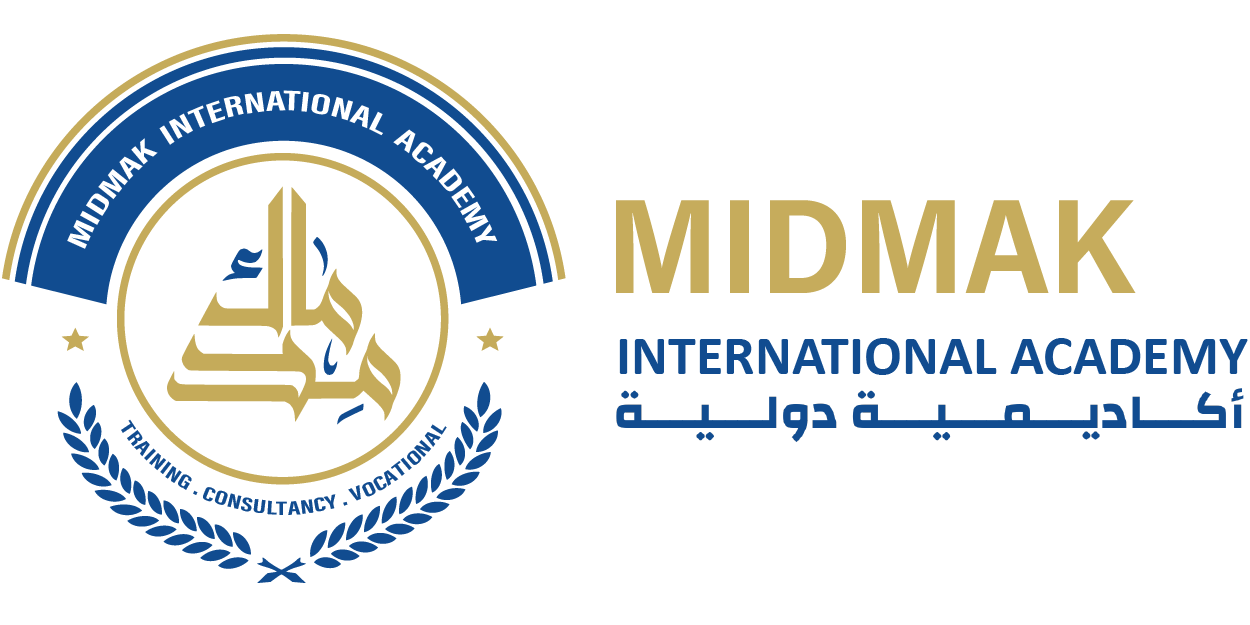Purposes and Objectives
Purposes:
- Building, framing, empowering, and enhancing professional competencies.
- Developing apprenticeship programs and monitoring their implementation.
- Designing programs for knowledge rationalization and framing.
- Leading high-level professional training and qualification.
- Providing innovative training and professional consulting services.
- Improving the quality of work in training and professional institutions.
Objectives:
- Building a training and qualification foundation with global standards, measurable and evaluable, supporting the achievement of Vision 2030’s requirements for a sustainable knowledge economy, locally and Arabically.
- Leading the development of professional competencies for local and Arab human resources with new approaches, adhering to global standards.
- Contributing to the development of professional competency-building programs with unified specifications, standards, and regulations that are periodically evaluated and measured, supporting the establishment of a national accredited training system.
- Striving to achieve the outputs of competency-building programs in various sectors and disciplines accredited by Midmak International and its branches, based on local, Arab, and global training accreditation standards, and quality assurance.
- Moving towards professional qualification in various sectors and developing visions, strategies, and plans that serve labor market sectors in line with Vision 2030.
- Positioning professional qualification alongside the academic framework of universities to build a solid, integrated foundation for a sustainable and pioneering knowledge society.
- Strengthening ties with academic institutions to provide apprenticeship and training programs for their graduates that meet the needs of the local and Arab labor markets.
- Developing training and qualification systems, procedures, and regulations, documenting and controlling them according to local, regional, and global standards.
- Instilling the principles of total quality in the training and qualification process across different sectors to obtain human resources with high professional and knowledge competencies.
- Establishing communication channels with national, regional, and international bodies concerned with training quality and accreditation, to exchange experiences and improve the training process.
- Ensuring the quality of training programs and preparing them for local, Arab, and international accreditation.
- Promoting the culture of training quality, and enhancing the knowledge, skills, and attitudes necessary to apply its standards.
- Equating professional experiences with higher degrees, framing them within the correct theoretical and practical knowledge, and evaluating their trajectory.

